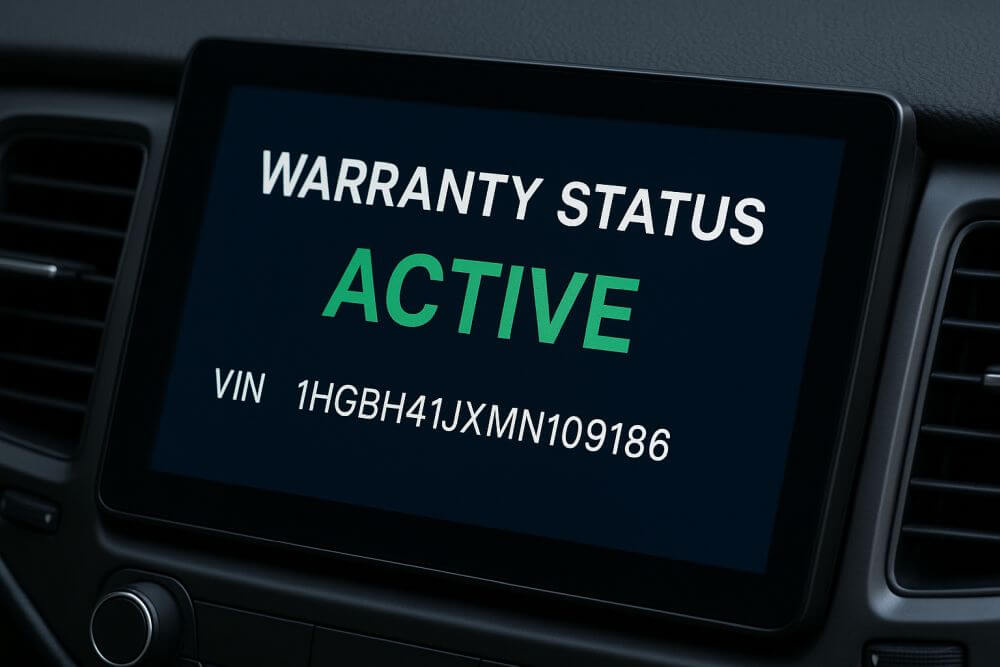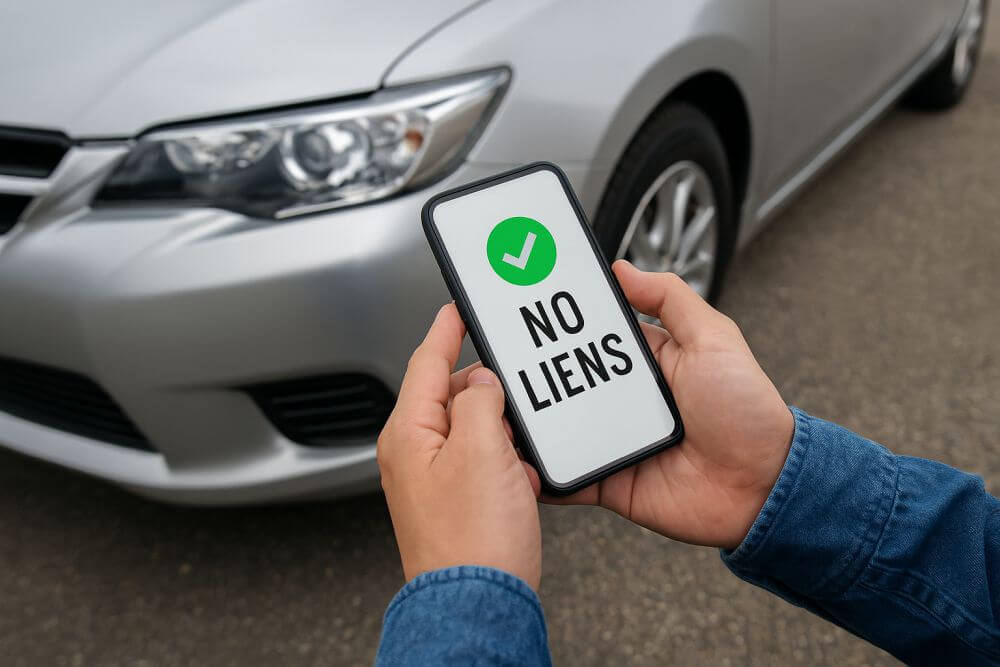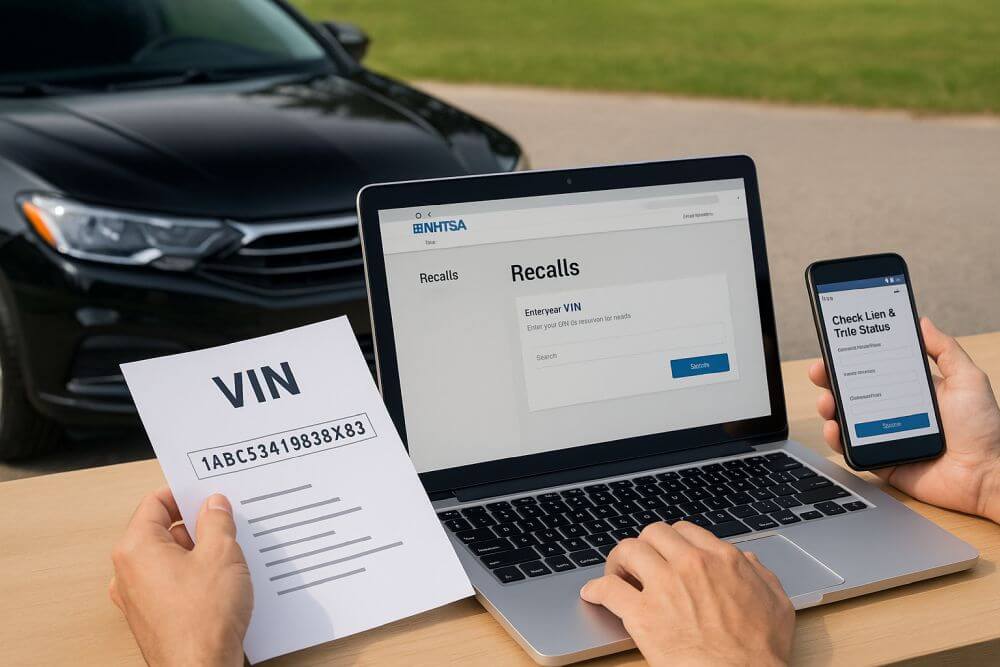So you are considering buying a new car. Everything looks great from the outside – nice new paint job, clean interior, low mileage. Even the tires are good. But could the car have damage that you cannot see? If that vehicle was ever in an accident, then it could have car structural damage that is potentially dangerous. Knowing how to check the car VIN number for free and read a vehicle history report can stop you from making a purchase that you will regret later on.
What Car Structural Damage Is
In order to understand while checking into car structural damage is important, you need to know exactly how it impacts your car. No matter how minor, car frame damage can cause costly problems later on.
On a daily basis, over 17,000 cars are involved in some sort of accident. Major accidents total cars, as the repairs to put the car back into working order would cost more than the car itself was worth. These cars are fairly easy to pick out with just a title check, as they will usually have a junk or salvage title on them. However, minor collisions often cause minor damage, and these vehicles will often stay on the road with a few small repairs. Unfortunately, even a minor accident can cause major structural damage.
When a car is hit, or hits someone else, the force ripples through the car. Aside from the obvious damage that you can see, there could be car frame damage that you cannot. For instance, when a car is rear-ended, it may be quite obvious that the bumper needs to be repaired. What may not be as obvious, however, is car frame damage to one of the wheel wells. This damage creates a weak spot on your vehicle, making it more susceptible to further damage during ordinary driving, and causing hundreds of dollars in future mechanic’s bills. This damage may not always be visible to the casual observer.
Why Is It Bad?
When purchasing a new vehicle, the biggest reason that you want to avoid car structural damage is that it can affect both the value of the car and its safety. A car can have car frame damage and not be considered “totaled”, however, in such a case the car is worth much less than the Kelley Blue Book price. Someone selling the car as used, particularly privately, may not even be aware that the car damage exists (or they could be well aware of it and are trying to pass the damage off to someone else).
When it comes to your safety, it is important to realize that the car’s frame is what everything else is built upon. If the frame is weak, the rest of the car will be weakened as well. This could make future accidents much more severe than they would be when driving a new car or a used car without car frame damage.
Can The Damage Be Repaired?
Car structural damage is a difficult situation. In some cases, minor damage may be able to be repaired, but it needs to be done so by a certified mechanic that knows the process. If repairs are not made properly, then the vehicle could be subject to further damage if another accident should occur or simply develop new mechanical issues as a result of everyday driving. If you know that a car has structural damage, then make sure that the repairs are done properly and have a new inspection done by another mechanic or body shop to make sure that the car is secure.
How to Know If a Car Has Frame Damage
One of the easiest ways to find out if a car has been in an accident that might have caused car structural damage is to get a motor vehicle report. These reports track the VIN number of the car and give information such as the type of title it has, whether it has been in a reported accident, and any reported repairs that have been made to the vehicle. You can get a free vehicle history report online or from many dealerships. Keep in mind that not all accidents are reported, so you do not want the motor vehicle report to be the only inspection of the car.
Another good way to find out if a car has frame damage is to get it inspected by a qualified mechanic. Look for one that works with a qualified collision repair facility that has the tools needed to accurately assess the car’s condition. If there are repairs that need to be made you can then ask the seller to make them before the sale takes place and then have the car re-inspected.
Lastly, you can check out a vehicle’s title to get some idea of whether or not it might have structural damage. If a car has been in a severe accident and considered “totaled” by the insurance company then the owner will have had to of gotten a rebuilt or salvage title. Use extreme caution when purchasing a vehicle with one of these titles.
Don’t let someone else’s accident become your problem. Check into car frame and structural damage before you buy so that you know that your used car is structurally sound.


